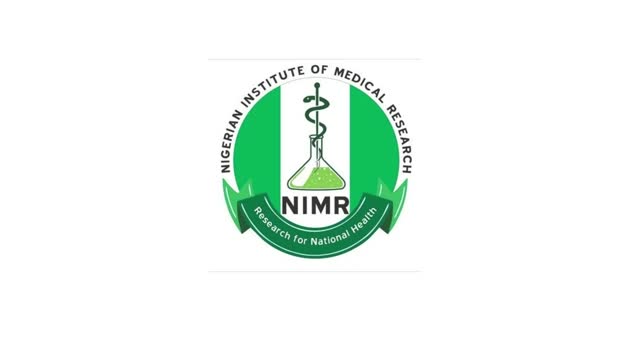By Muhammad Amaan with agency report
The Director-General of the Nigerian Institute of Medical Research (NIMR), Professor John Obafunwa, says the institute is “fully prepared” to tackle any disease outbreak including the Human Metapneumo Virus circulating in China.
He noted that NIMR was in close contact and would collaborate with relevant government agencies and institutions as the nation intensified efforts to strengthen its preparedness for all health emergencies.
NIMR is the country’s foremost medical research institute, conducting research into various health problems in the country and disseminating health research results through training courses, scientific publications, conferences, and workshops, among others.
Prof. Obafunwa in a statement said, “Following media enquiries about the Nigerian Institute of Medical Research’s preparedness, in view of the recent “outbreak” of the, we wish to assure the general public that the Institute is fully prepared, as Nigeria’s foremost research agency, to fulfil its mandate, concerning the outbreak, if the need arises.
“NIMR is in close contact and will be collaborating with relevant government agencies and institutions as the nation intensifies efforts to strengthen its preparedness for all health emergencies.”
The NIMR director general also stated that the institute aligned with the views and positions of the Nigeria Centre for Disease Control and Prevention on the disease outbreak, urging the public to adhere to the agency’s public health advisory.
The NCDC has said that the risk of HMPV in the country was moderate since the World Health Organisation was yet to declare it a Public Health Emergency of International Concern.
The NCDC DG, Dr Jide Idris, also stated that the agency was closely monitoring the situation and has implemented actions to ensure public health safety.
But virologists, who spoke to PUNCH Healthwise in an earlier report urged persons with reduced immunity and the elderly to ensure that they practice safety measures by handwashing, maintaining social distance and wearing a face mask.
HMPV was first reported in 2001 in the Netherlands and it is a single-stranded ribonucleic acid virus that causes symptoms similar to the common cold and influenza including cough, fever, nasal congestion, and fatigue, with an incubation period of three to six days.
The infection causes severe complications like pneumonia in infants, the elderly, and those with weakened immune systems.
Its recent outbreak in China and the United Kingdom has further heightened the fear of another pandemic.
However, the WHO stated that it was in contact with Chinese health officials and had not received reports of unusual outbreak patterns of HMPV.
The agency maintained that the virus was common at this time of the year in many countries of the Northern Hemisphere, stating that this could sometimes increase the burden on healthcare systems.
“In many countries of the Northern Hemisphere, trends in acute respiratory infections increase at this time of year. These increases are typically caused by seasonal epidemics of respiratory pathogens such as seasonal influenza, RSV, and other common respiratory viruses, including hMPV, as well as mycoplasma pneumoniae.
“The co-circulation of multiple respiratory pathogens during the winter can sometimes cause an increased burden on health care systems treating sick persons,” WHO said.
The global agency further recommends that individuals in winter areas take normal precautions to prevent the spread and reduce risks posed by respiratory pathogens, especially to the most vulnerable.
“People with mild symptoms should stay home to avoid infecting other people and rest. People at high risk or with complicated or severe symptoms should seek medical care as soon as possible.
“Individuals should also consider wearing a mask in crowded or poorly ventilated spaces, cover coughs and sneezes with a tissue or bent elbow, practice regular handwashing, and get recommended vaccines as per physician and local public health authorities’ advice,” it stated.
WHO also advised member states to maintain surveillance for respiratory pathogens through an integrated approach, considering country context, priorities, resources and capacities.




